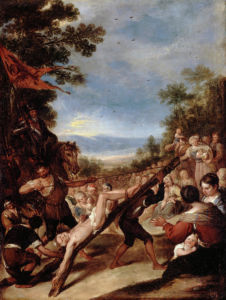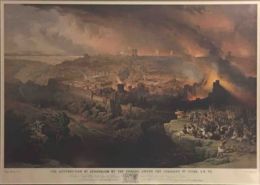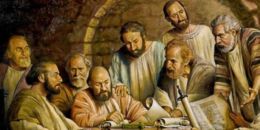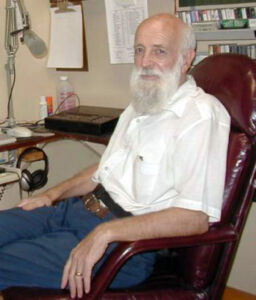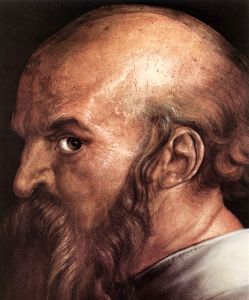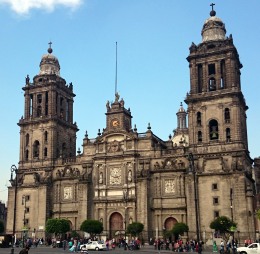
You can buy Faith and Heritage here.

You can buy Faith and Heritage here.
1,395 words
Margaret Bauer, Editor
Faith and Heritage: A Christian Nationalist Anthology
Allentown, Pa.: Antelope Hill Publishing, 2021
Christian Nationalism is a new theological movement which seeks to harmonize the Christian religion with white advocacy. Between 2011 and 2019, Christian Nationalist theologians expressed their ideas on a website called Faith and Heritage between 2011 and 2019. A selection of essays from the site was published as an anthology by Antelope Hill Publishing in 2021. It is filled with wisdom and is well worth reading. Theology matters. (more…)

